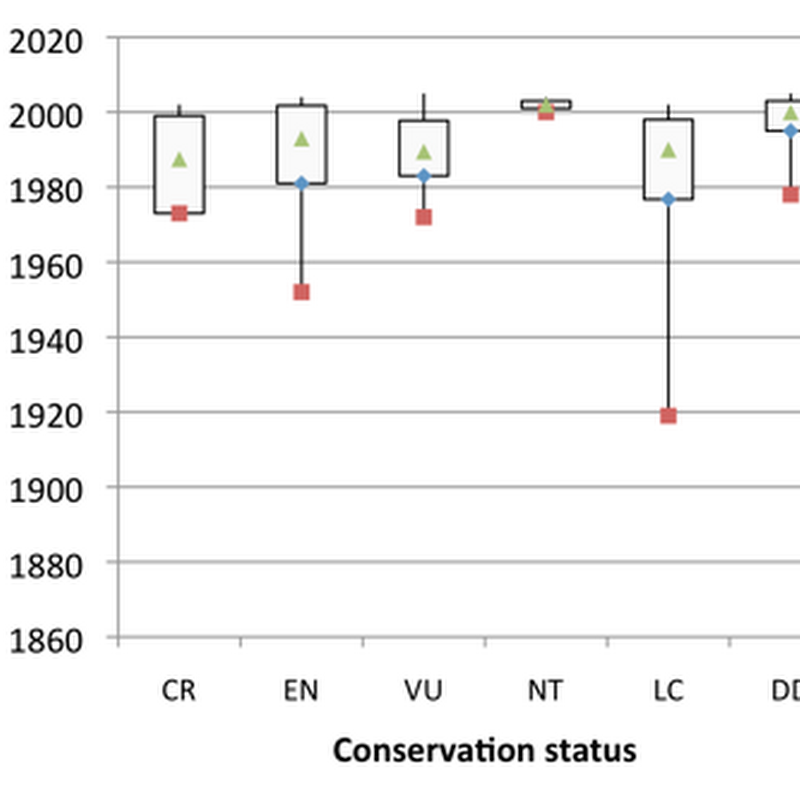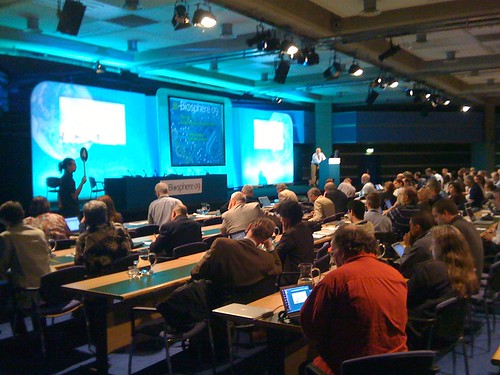
This is a follow up to my previous post TDWG Challenge - what is RDF good for? where I'm being, frankly, a pain in the arse, and asking why we bother with RDF? In many ways I'm not particularly anti-RDF, but it bothers me that there's a big disconnect between the reasons we are going down this route and how we are actually using RDF.




